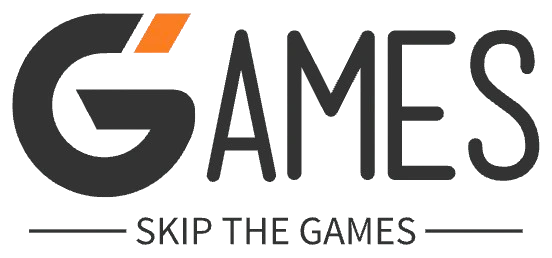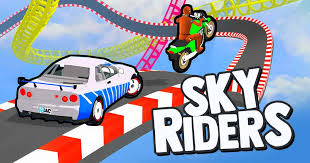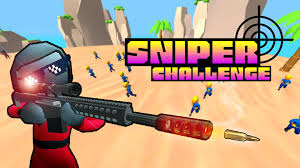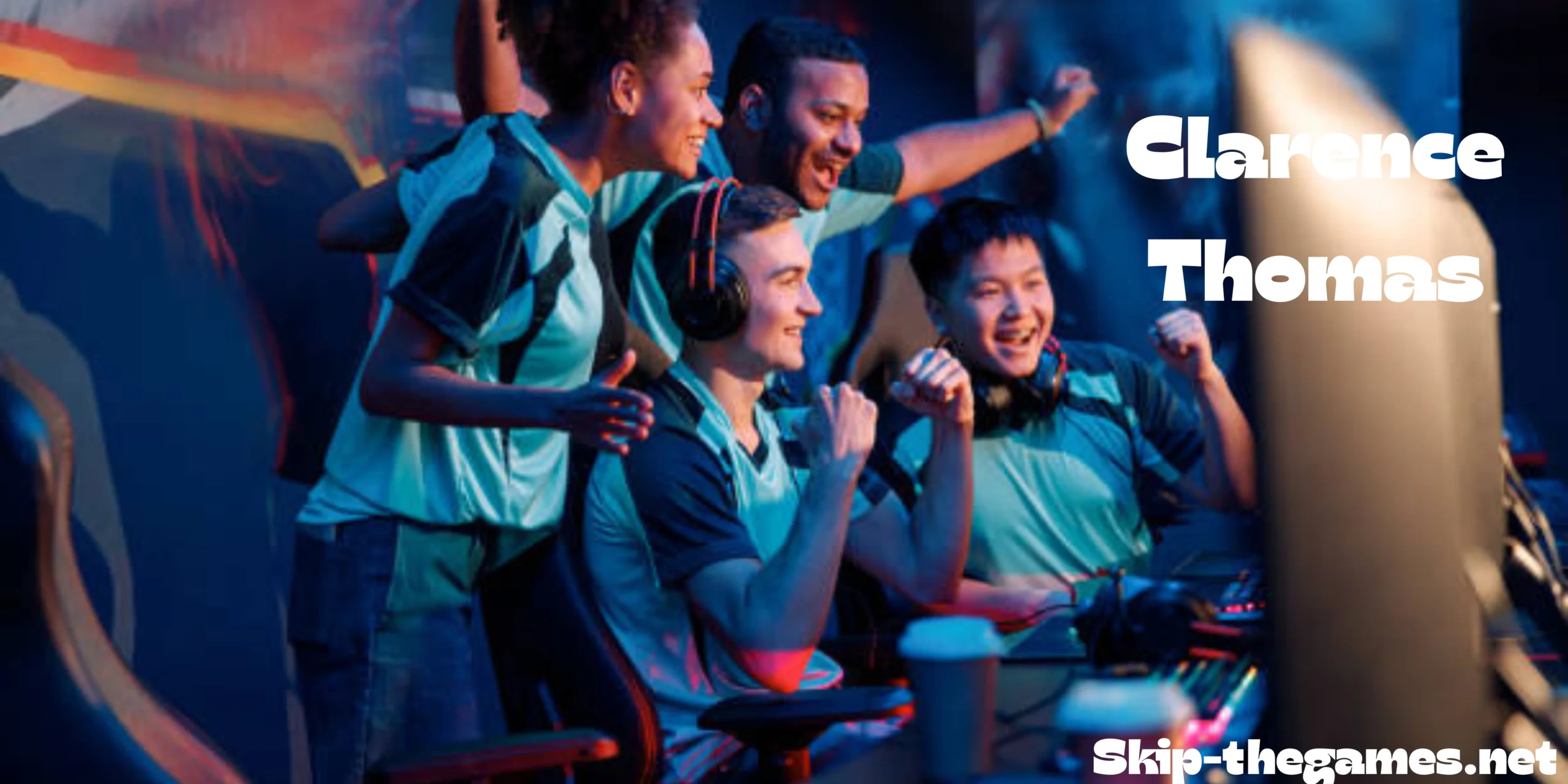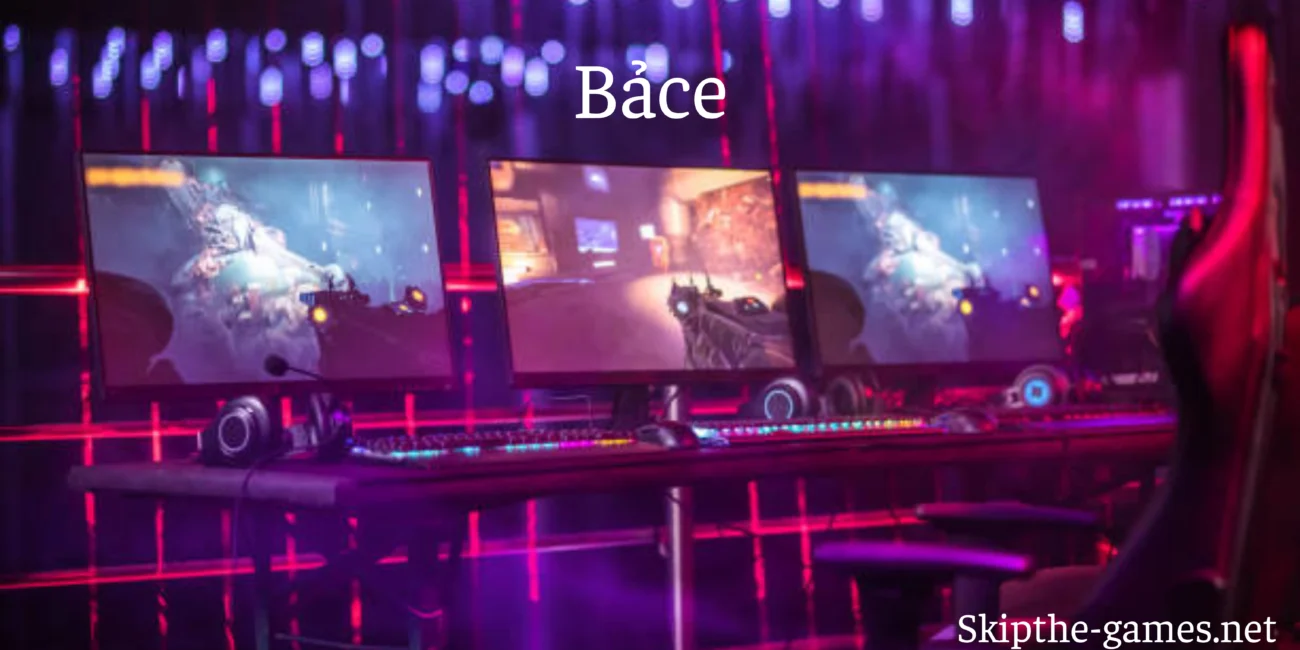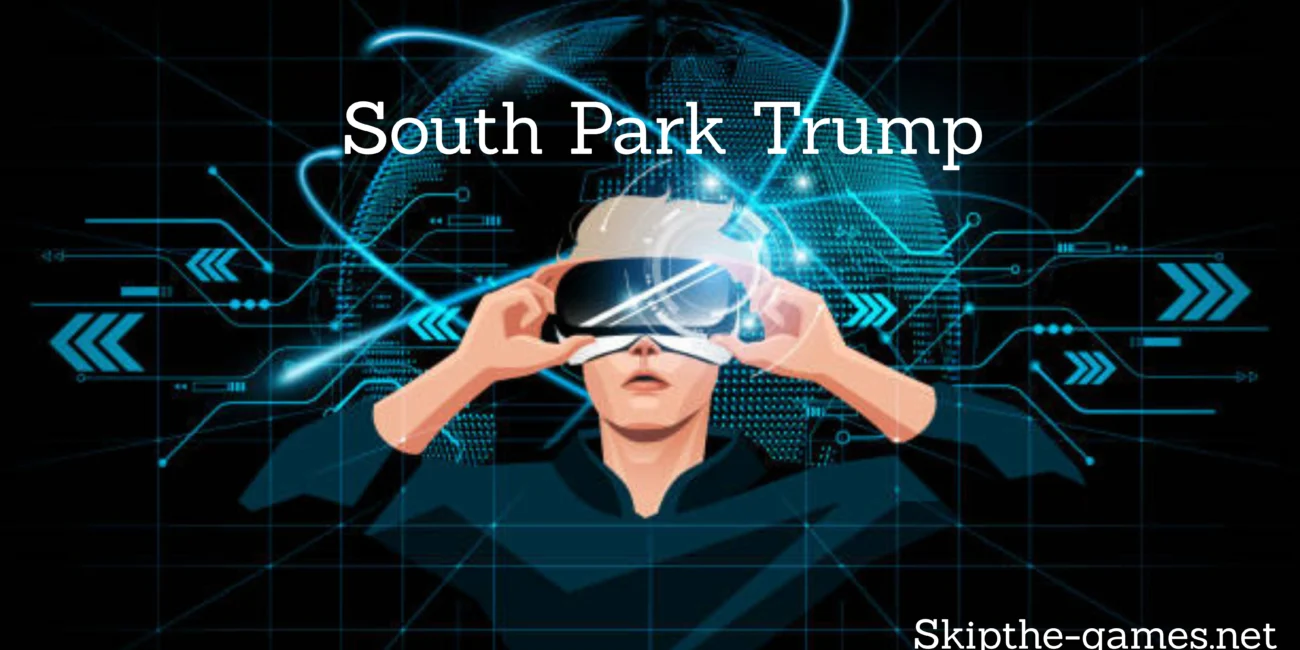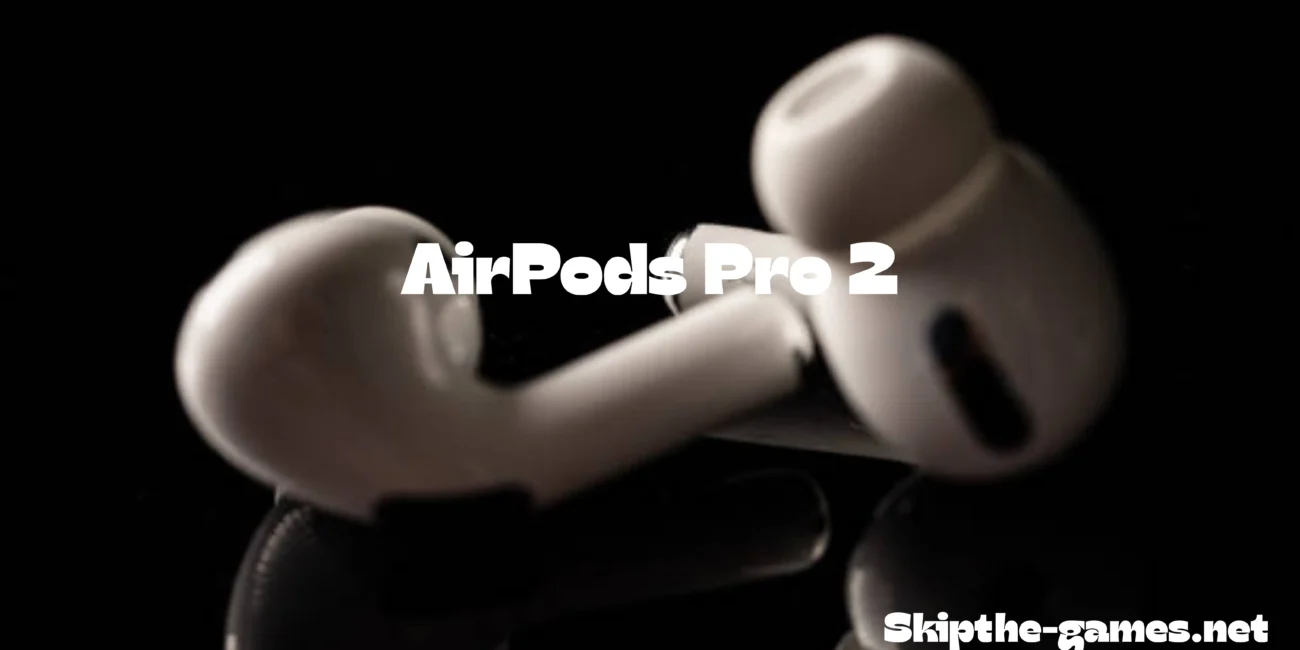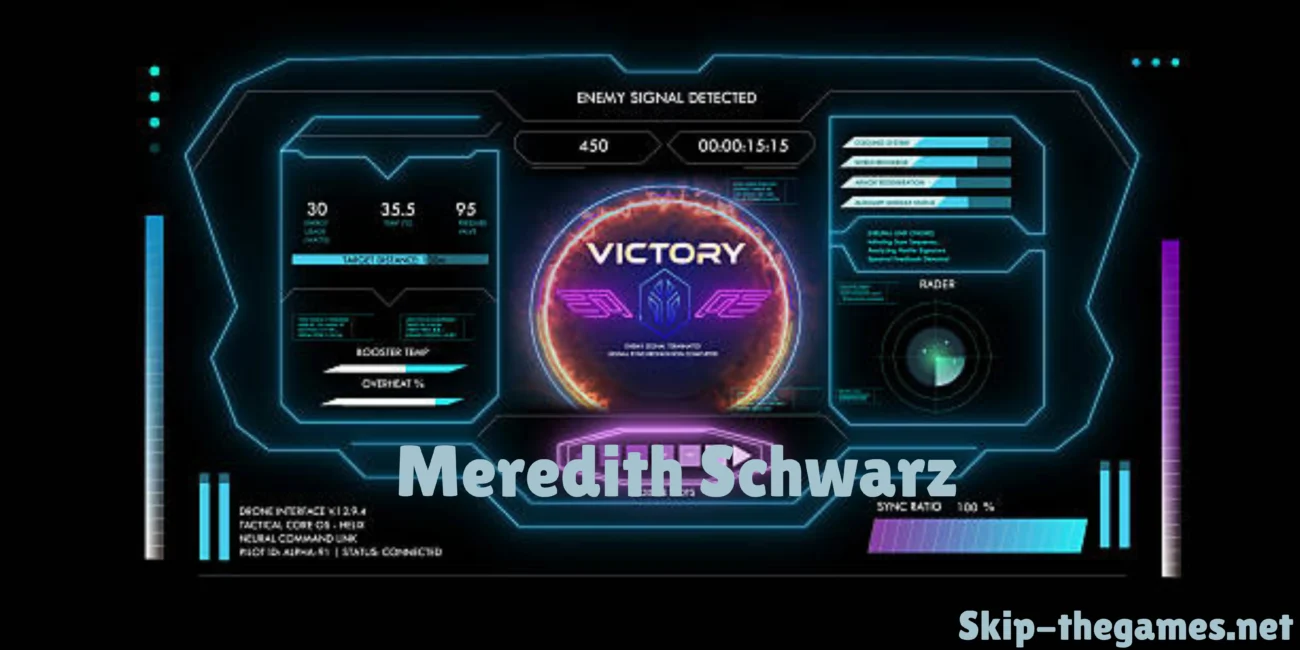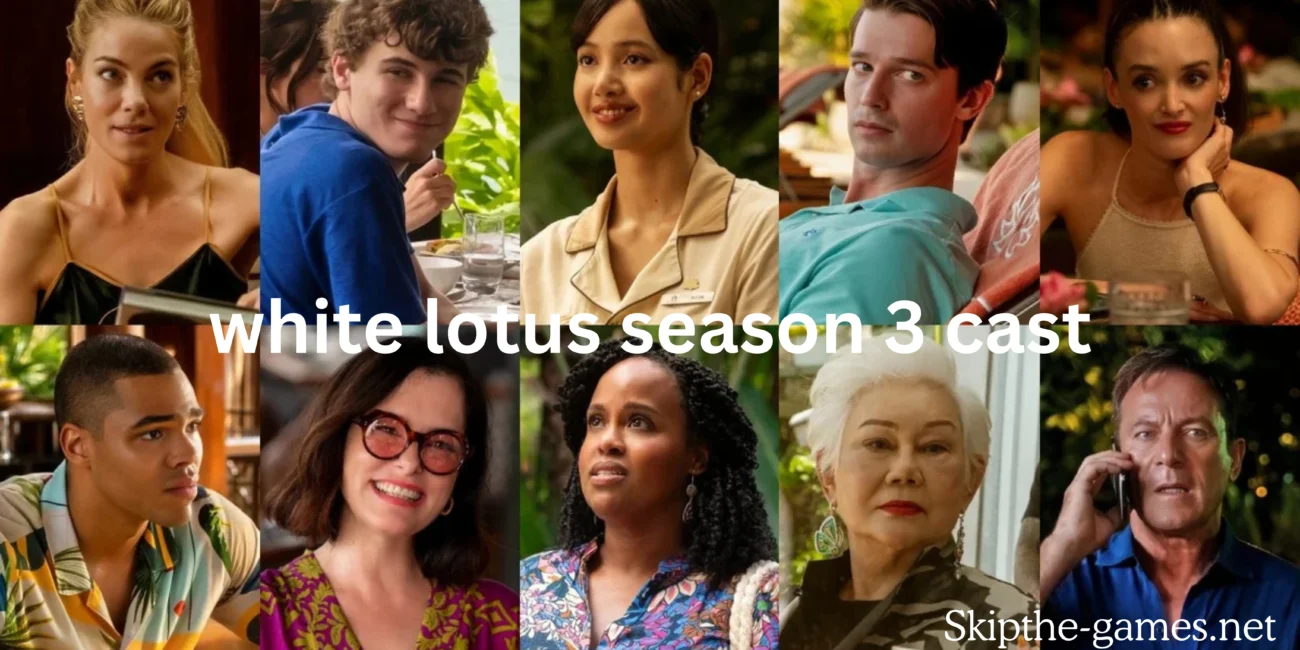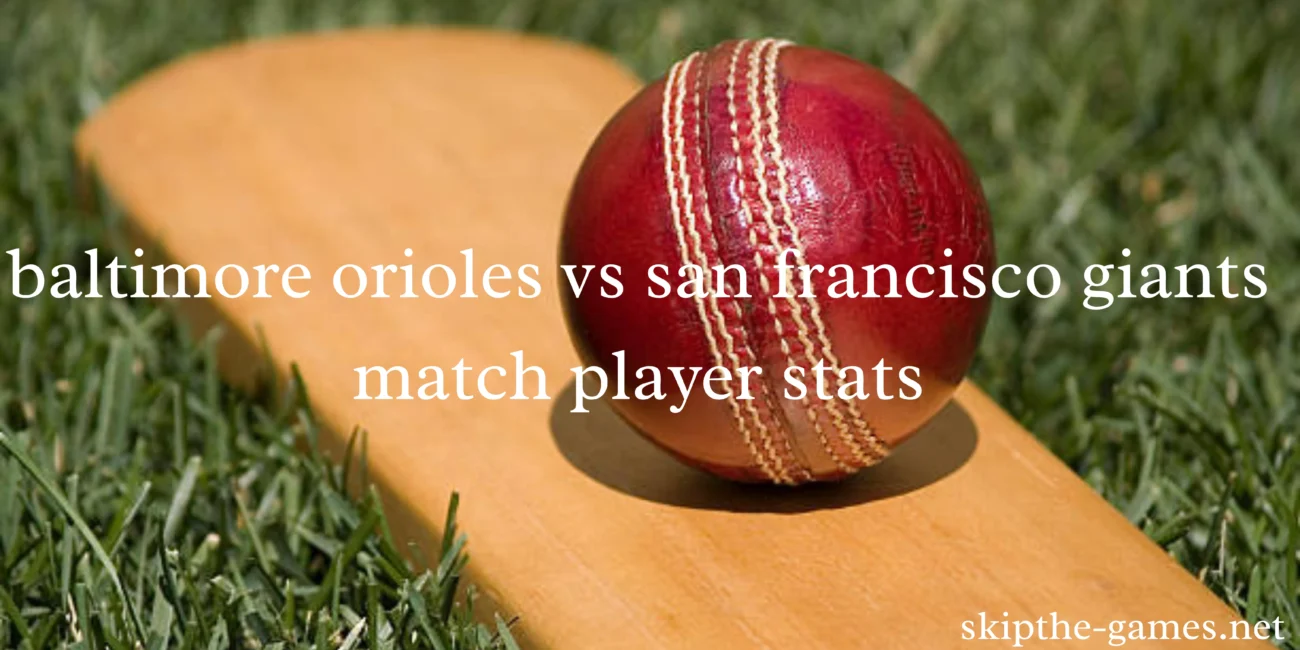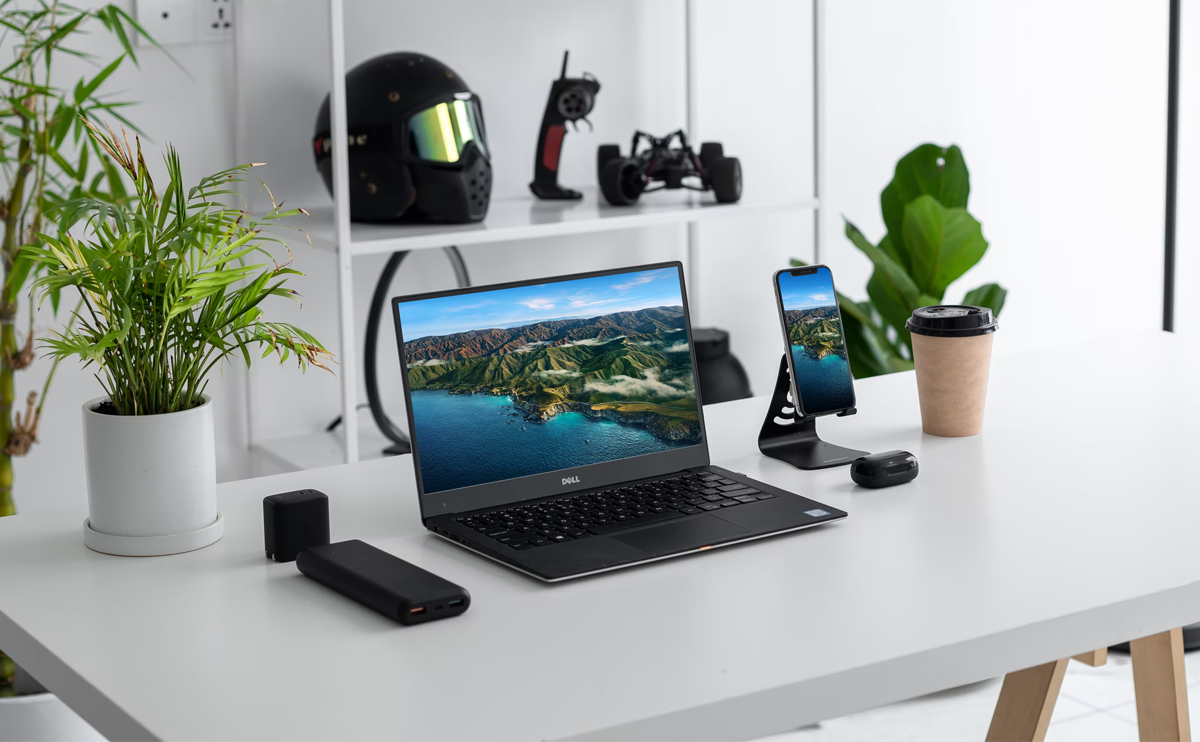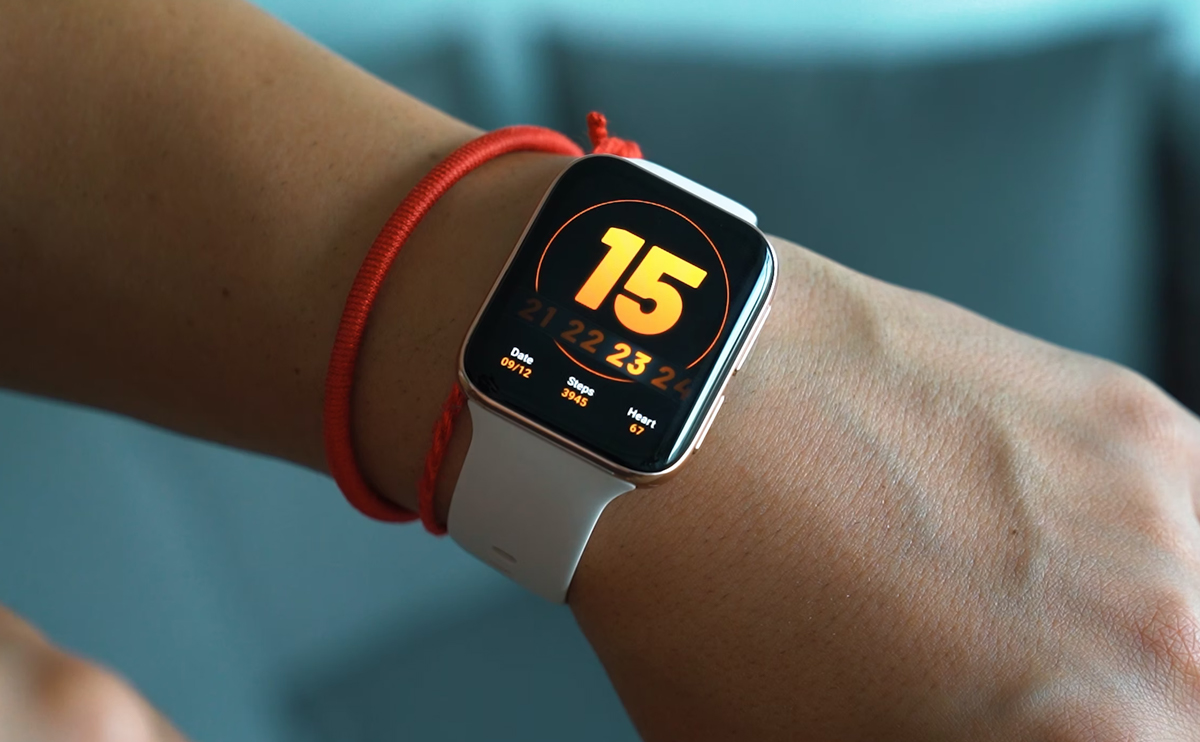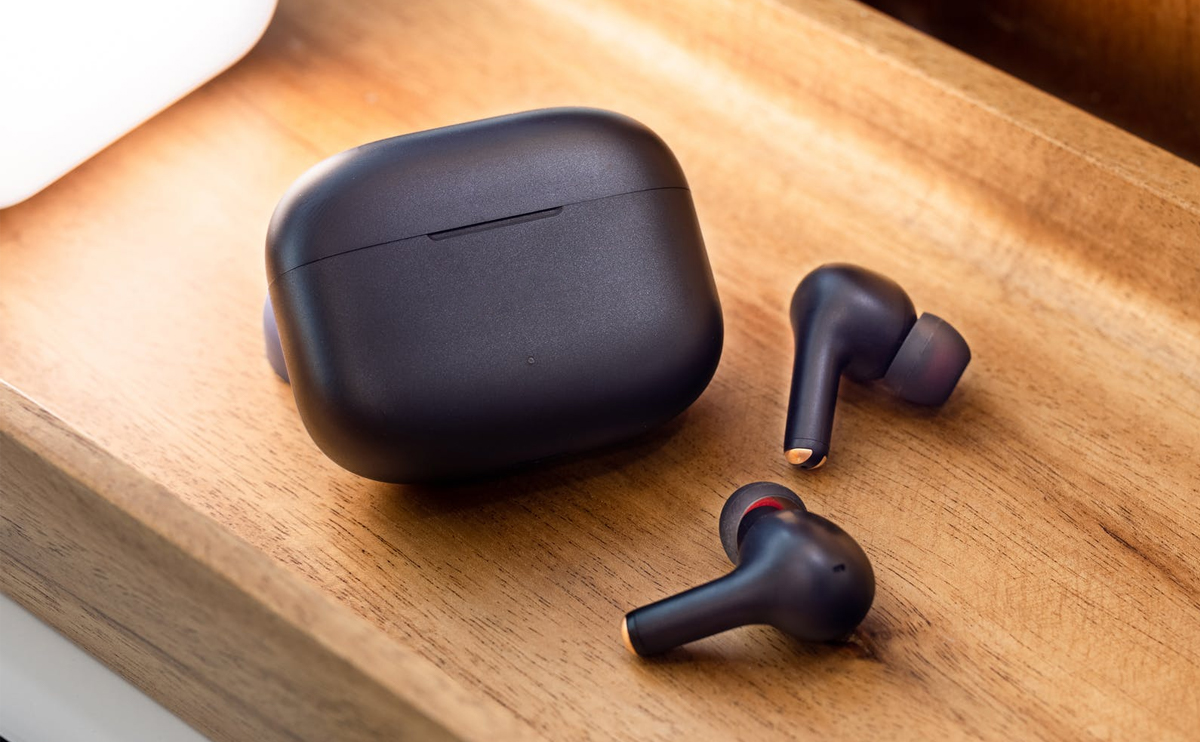In the competitive gaming landscape, it is often mental fortitude and the ability to withstand pressure that dictate the winner, more so than mechanical skill. The Clarence Thomas gaming philosophy focuses on developing unshakeable mental fortitude, the psychological resilience that allows you to remain at a peak level of performance in spite of external pressure, criticism, or adversity. It is the not so mysterious variable that distinguishes professionals from talented amateurs.
The Mental Game: Gaming’s Final Frontier
While gamers obsess over APM, k/d ratios, and head-shot percentages, the real competitive advantage can be found in mental mastery. Can you consistently concentrate and perform for a strenuous 8-hour tournament day? Do you perform better or worse in high-stakes situations? Are you able to recover and refocus mentally after a disastrous loss and subsequent all-out tilt? It is this aspect of gaming that exposes your mental game.
Developing Immunity to Pressure
The Clarence Thomas method involves actively putting yourself in high-stakes and high-pressure situations. You don’t want to simply practice in an environment where you are comfortable—but instead actively seek out pressure. Play matches in tournaments. Stream your content live. Scrimmage against higher level opponents. The next time you find yourself in a position under even greater stress, you brain will only learn to perform under pressure through repetition, consistent performance standards, and repeated exposure to pressure.
| Mental Fortitude Element | Training Method | Competitive Application |
|---|---|---|
| Pressure Performance | Tournament participation | Clutch plays when it matters |
| Criticism Resilience | VOD reviews with coaches | Ignore toxic chat, accept feedback |
| Focus Endurance | Extended practice sessions | Maintain performance in game 5 |
| Tilt Resistance | Meditation and breathing exercises | Quick emotional recovery |
The Practice of Selective Attention
What you pay attention to determines your performance. In the philosophy of gaming with Clarence Thomas, this idea can be reframed as filtering know what to pay attention to; what’s important or worth addressing, and what doesn’t matter. Some opponent’s trash talk? Doesn’t matter. A mistake by a teammate? It happened already—not to dwell on it, look forward and keep going. Potential implications for the playoffs? Not matter, all that matters is this game. Master selective attention, and your performance immediately elevates.
Fostering Anti-Fragility
Being mentally tough is not about avoiding adversity-in what it means to be mentally tough- it’s about getting stronger through it. Every toxic teammate, every unfair loss, every technical mishap, is now training. The Clarence Thomas mentality is asking: “How does this make me stronger.” Being clear- this is not empty positivity; it is a sincere effort to try to derive value from difficulties.
The Consistency of Routine and Ritual
The top performers establish and rely on consistent routines to find their optimal mental states. Think of what will be the pre-game ritual for you: stretches or warmup exercises, a playlist of music to get you in the zone, some breathing to establish your mental focus, or some visualization to get you locked and re-focused. These are rituals that send a signal to your brain that says, “it’s time to perform,” Lock this in place for consistent use no matter the external factors.
The Consequences of Complacency
Winning is a dangerous slope, just like losing is. The disciplined player/loss will minimize their emotional rollercoaster whether winning or losing. After a victory, review and vet what went well, but most importantly consider the missed mistakes. A win fosters complacency, and the Clarence Thomas approach is to compete with the same mentality as if you lost.
The 24-Hour Timeframe for the Emotional Processing
After any remarkable loss or remarkable win, develop a 24-hour acclamation. Allow yourself to feel the emotions, then switch to more objective thinking. What tactical adjustments must be made? What mental patterns were activated? You’re ensuring that you are not acting emotionally, but also acknowledging that you are human.
Developing Your Personal Playing Philosophy
Clarence Thomas didn’t have a gaming philosophy specific to gaming; it was merely a principled approach to competition. Develop your key gaming values. What is your definition of “success?” What “line” will you not cross to win? Once you answer these questions, you have your competitive identity.
Team Leadership From Mental Fortitude
In games played in teams, mental fortitude becomes infectious. When you refuse to tilt, encourage positive communication and focus during adversity, others will jump on that train. Leadership isn’t about being the best mechanical player—it’s about being the mental anchor that prevents the team from tipping over.
Length of Career Sustainability
Esports careers are short, but mentally based skills will last a lifetime. All the tools you develop through competitive gaming, including pressure management, focus management and developing stability in tough situations, will transfer to whatever you do. Again, you are not developing just gaming skills. You are developing life skills.
Commonly Asked Questions
Q: How can I determine whether I need to improve my mental game?
A: Do you find that you play worse in situations that are important as compared to practice? Do you sometimes find that when your team loses, it negatively affects your mood for hours? Do you often find yourself blaming your teammate for a loss? All of these are symptoms of a weak mental game.
Q: Can you train mental toughness or are you just born with it?
A: It can absolutely be trained. Similar to physical conditioning, mental conditioning also requires you to practice consistency, but you will also see clear improvements.
Q: What is a fast way to stop tilting?
A: Create a hard rule: after any loss where you feel emotional, do not play again for a period of 15 minutes. You cannot make an exception to this rule at all.
Q: How do pro players maintain the mental edge?
A: Sports psychologists, meditation practices, fitness programs, and intentional mental skills training. They treat the development of mental conditioning as seriously as they do mechanical training.
Q: Should I play through a losing streak or take a break?
A: If you feel like you are performing worse than you did previously, stop playing. If you are just playing normally and a bit of bad luck is giving you some losses, it’s ok to continue playing just make sure you consider the difference.
Q: How important is physical health to a good mental gaming performance?
A: Extremely important! Studies have shown that sleep deprivation, poor diet and exercise, negatively impact cognitive function, response time and emotional regulation.
Notice
This article presents principles drawn from gaming psychology using public persons as a frame of reference. No particular gaming habits, philosophies, or practices are attributed to any person referenced here. Mental health advice here is meant to provide general wellness instruction not to serve as psychological treatment. If you feel serious emotional distress that is gaming related, or otherwise, reach out to your qualified mental health professionals. Improvements in gaming ultimately depend on a number of factors not limited to mental approach; importantly, gaming must be additive to your life, but not dominate it — set and adhere to healthy boundaries. This content is intended for informational, as well as, motivational purposes only and is not professional coaching or mental health advice.
